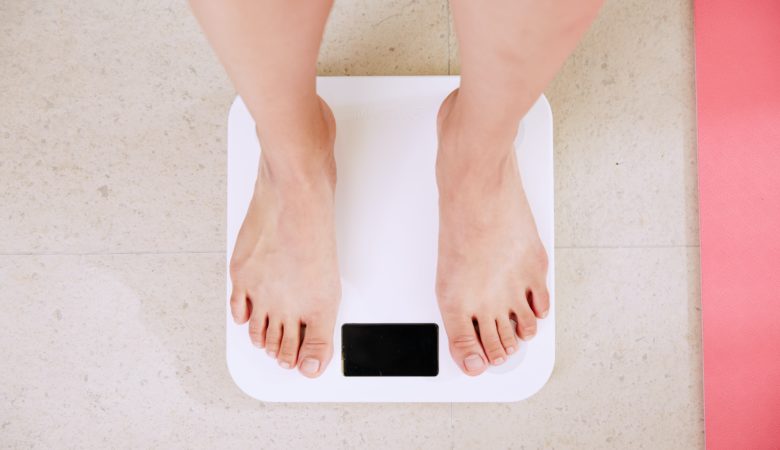Intermittent Fasting has Benefits Far Beyond Weight Loss

In our efforts to take the best care of ourselves, we try numerous methods for increasing longevity, vitality and overall health and wellness. Of course, this includes the various diets and weight management programs we’ve all experimented with over the years.
Though scientists began researching the weight loss benefits of intermittent fasting (IF) as early as 1915, the practice only became popular in recent years. Now, everyone from health practitioners to Instagram influencers recommend IF to anyone who will listen.
Many are hesitant to try yet another regiment that promises weight loss and better health. However, intermittent fasting is not a diet and provides a lot more flexibility than traditional weight loss plans. Furthermore, new research suggests that IF has other benefits for your health.
More than a diet: what is intermittent fasting?
Most diets consist of rules about the food you can and cannot eat. With intermittent fasting, you focus on your pattern of eating rather than the food you consume. IF encompasses various meal-timing schedules that include purposeful fasting periods.
Types of IF include the 5:2 method, alternate day fasting, time-restricted eating (16/8 or 14/10 methods) and the 24-hour fast. Depending on your regular schedule and eating habits, play around with the IF types to find the one that makes the most sense for you.
Fed state vs. fasted state
Obviously, one of the essential components of IF is fasting. With IF, your body experiences both a fed state and a fasting state. The latter allows your body to burn fat that it is unable to access during the former.
The fed state begins when you start eating and ends about three to five hours later after your body has completed digestion and absorption. In this state, your body struggles to lose weight because your insulin levels remain high. The increased level of this hormone regulates your blood sugar, so you remain energized until your next meal. Unfortunately, all of this insulin pumping through your system during the fed state makes it impossible for your body to burn the existing fat.
Once your body stops processing the food you ate, insulin production decreases and you move into a post-absorption phase that eventually triggers the fasted state. The post-absorption phase doesn’t begin until 8 to 12 hours after your last meal. Usually, a person enters the fasted state 12 hours after the last time they ate. All of the IF types require you to fast for at least 12 hours to trigger the conditions your body needs to lose excess weight.
The other health benefits of IF
Scientists continue to explore the benefits of intermittent fasting on the body. Multiple studies are in the works showing the positive effects of IF beyond those connected to weight loss. At this time, research demonstrates that IF slows the aging process, improves cognitive function and addresses issues with people who suffer from diabetes and inflammation.
For instance, a study published in December 2014 found that mice had more endurance for running when limited to an IF schedule than mice who have unlimited access to food. For runners, cyclists and other people with regular exercise routines, IF could provide you with the endurance you need to go that extra mile.
Another research stud published in October 2016 examined the effects on IF in young men. These participants fasted for 16 hours every day over two months while continuing their existing resistance training regiment. At the end of the two months, the participants had decreased their body fat while maintaining muscle mass.
Those are just two of the dozens of studies that quantify the positive effects of IF. Other purported benefits include longer life, less inflammation and lower cholesterol levels. As scientists continue to research IF, we’ll only learn more about how intermittent fasting benefits the human body beyond weight loss.
Is IF safe?
Yes, intermittent fasting is safe for most people in good health. However, pregnant or nursing women, children, older individuals and those with a history of eating disorders should not try intermittent fasting. Those with chronic health conditions such as diabetes should consult a doctor before trying to IF.
Make IF work for you
You can start reaping the benefits of intermittent fasting now. As you transition into your new eating schedule, make sure you drink eight cups of water every day. Many nutritionists recommend combining IF with a well-balanced eating plan, such as a ketogenic diet. If following a strict diet makes you uncomfortable, incorporate as many whole grains, nuts and seeds, eggs, fruits and leafy green vegetables as possible into your meals and snacks.

